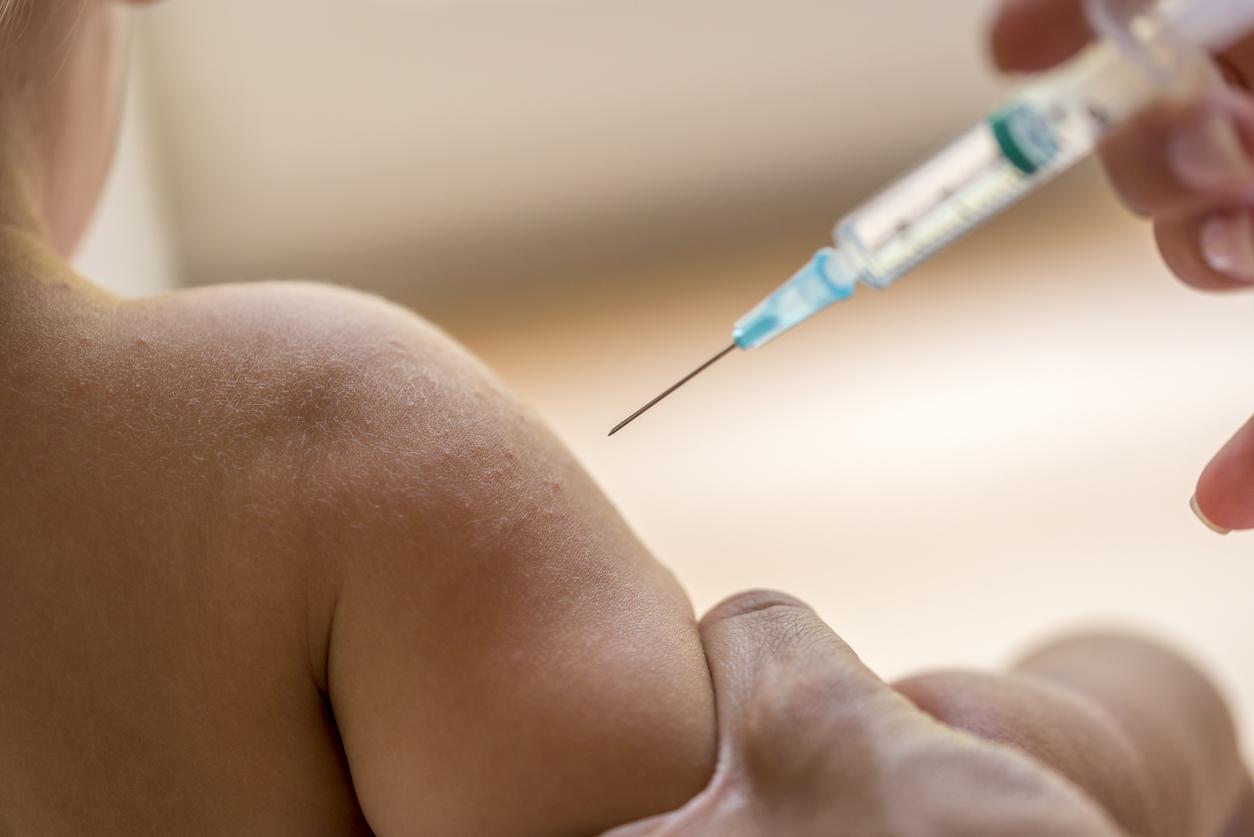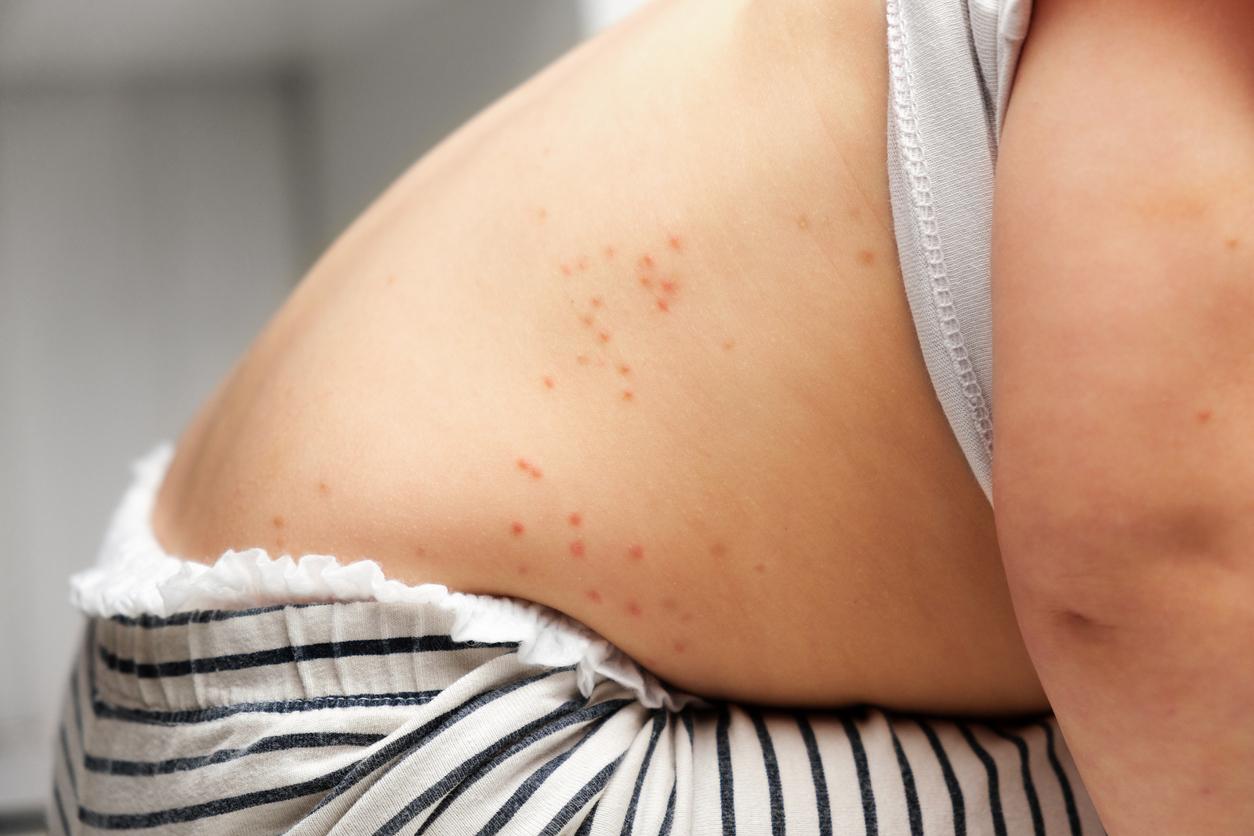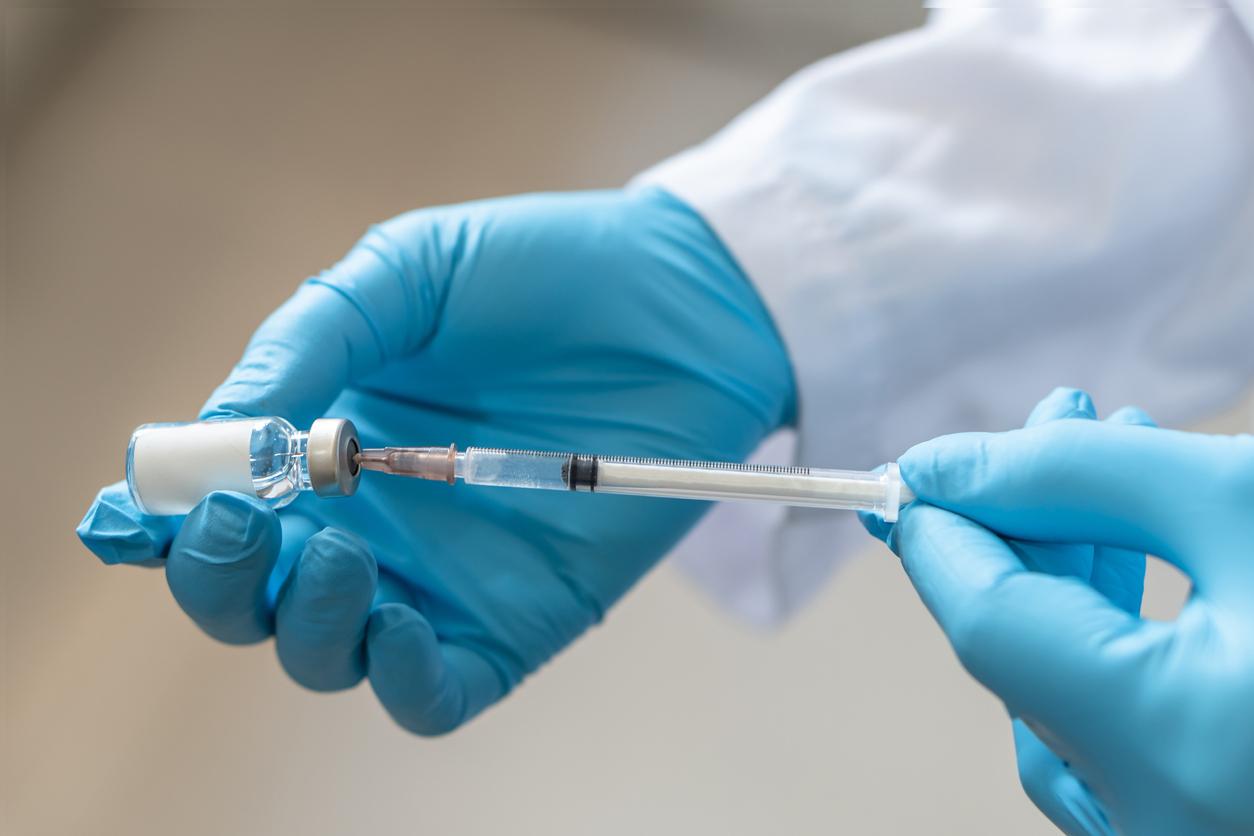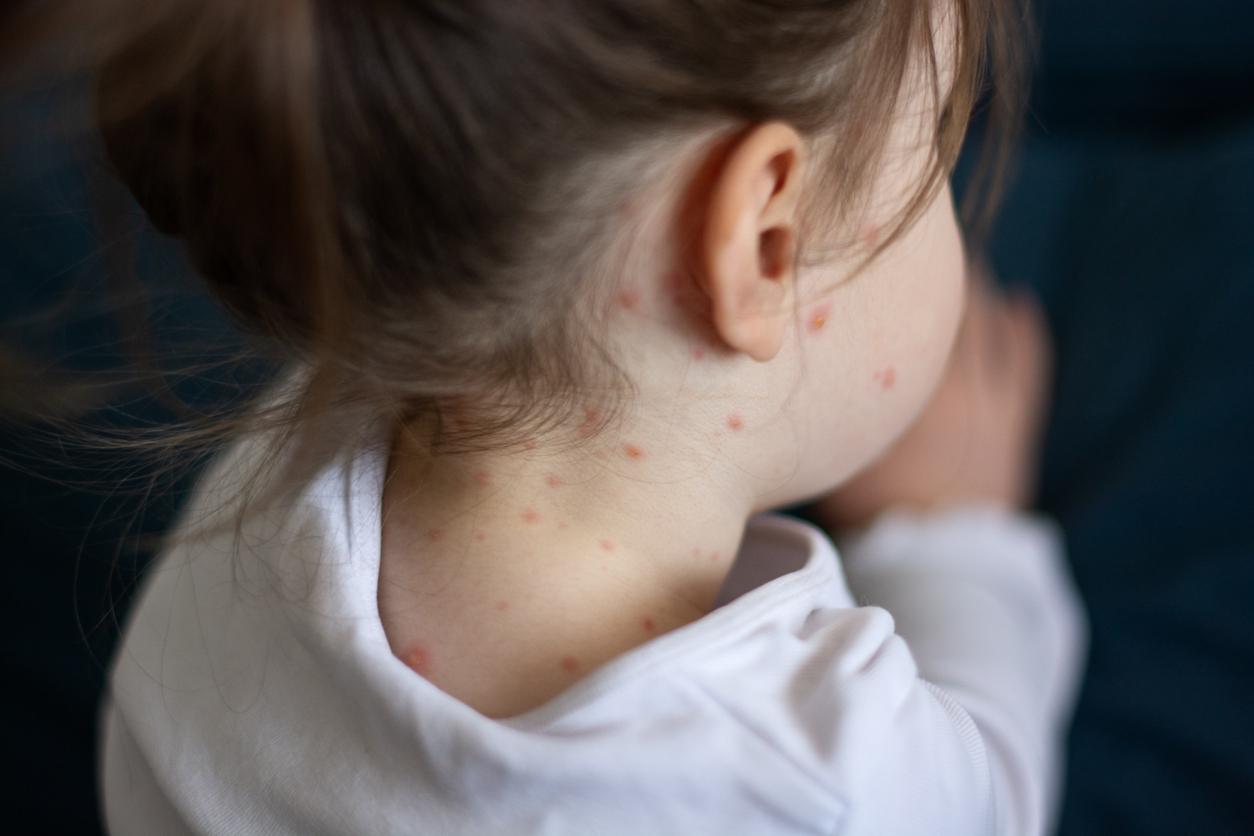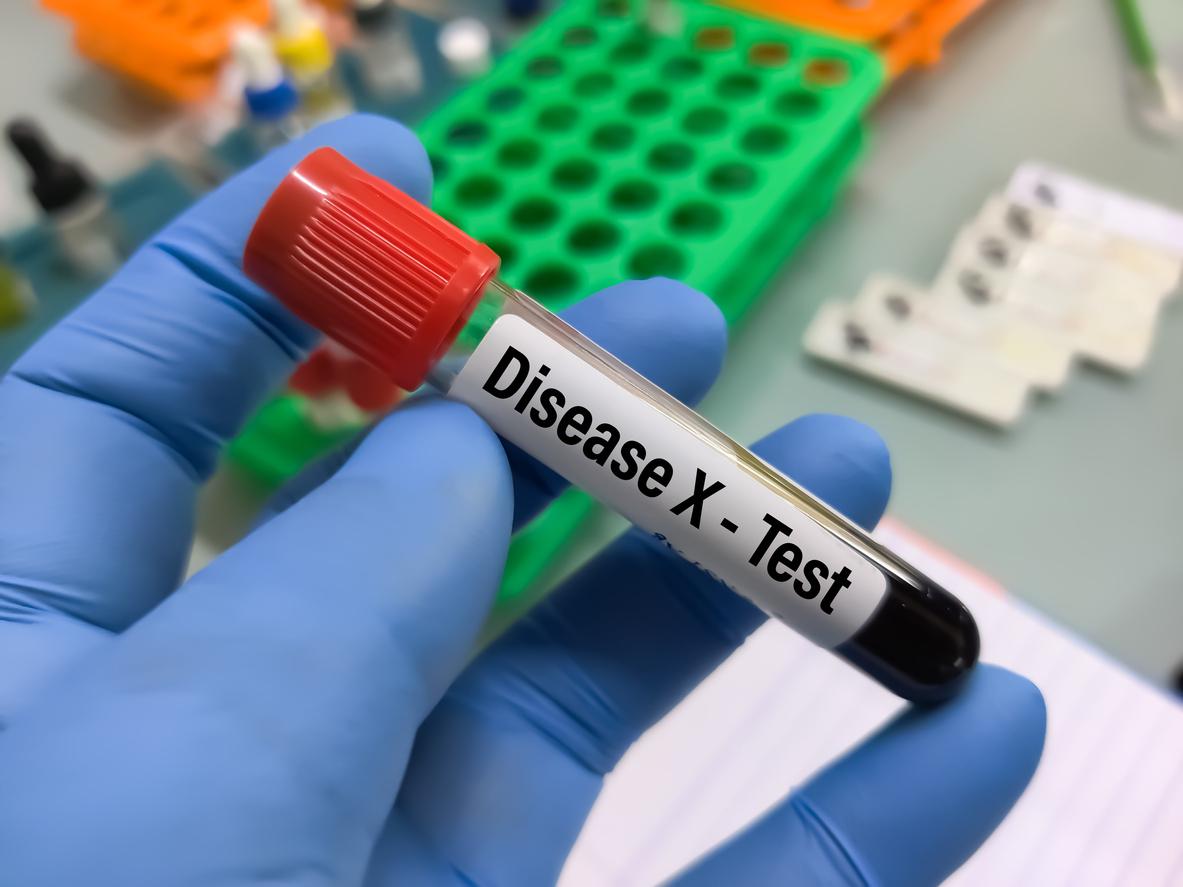Dr Richard Plemper of the Institute of Biomedical Sciences at Georgia State University and researchers at the Emory Institute and the Paul-Ehrlich Institute in Germany have developed a new antivirus, ERDRP-0519l which stopped the development of the distemper virus, a pathology which affects dogs and ferrets and which is very close to measles.
The researchers gave this antivirus orally to infected animals and found a strong viral reduction that prevented the death of dogs and ferrets.
“The emergence of potent antiviral immunity in these ferrets is particularly encouraging and suggests that this treatment may not only save an infected subject but also help fill immune deficiencies in a given population,” explains Dr Plemper.
This treatment would be a complementary weapon to the vaccine
“This treatment, which can be produced at low cost and easily stored, could thus boost measles eradication efforts by making it possible to stop the spread of the virus during local epidemics, ”he believes. “It could thus be used to treat relatives of an infected person not yet showing symptoms”, explains the researcher.
To eliminate measles, the World Health Organization (WHO) has set a minimum vaccination threshold of 95%.
“Despite major progress in containing measles worldwide, this very contagious disease has still caused some 150,000 deaths each year since 2007 ”, recall the authors of this study.
“The next step in this research will be to test this new molecule against the measles virus in monkeys before proceeding to clinical trials in humans, probably adolescents and young adults, within a few years” affirmed the Dr Plemper.
The National Institute for Prevention and Health Education (Inpes) recalls that “all children must be vaccinated with two injections MMR vaccine: the first at 12 months of age and the second between 16 and 18 months. Even if this vaccine is not compulsory, it is covered 100% by Health Insurance for all children up to and including 17 years of age. Then it is reimbursed at 65%. And to interrupt the active transmission of the virus, all people born since 1980 not vaccinated or who have received only one dose of vaccine (and who have never contracted measles) should have a catch-up vaccination ”.









